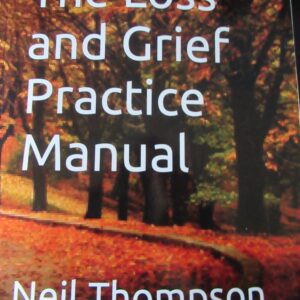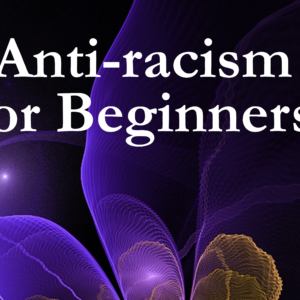Description
Spirituality, whether or not rooted in religion, is a core feature of what it means to be human. In this important practice manual, two very experienced writers and educators explain why spirituality and religion should be a fundamental consideration for the people professions, broadly defined – that is, professions based on helping people tackle their problems and fulfil their potential.
This is an invaluable guide to making sure that professional practice is ‘spiritually sensitive’.
Endorsements
Despite our personal, interpersonal, and professional lives constantly being shaped by our values and belief systems, the common discourse on spirituality is often reduced to religion, with little exploration of its intricate dimensionalities and complexities. This practice manual provides an honest, informed, and in-depth discussion of the various constitutions of spirituality, while examining its intersection with religion for informing professional practice in the human services. It is long overdue and highly commendable, a refreshing, important and comprehensive addition to the literature; a volume that makes us think, reflect, and act upon our true north with conviction and determination.
Dr Andy Hau Yan Ho , Vice President, Association for Death Education and Counseling
This is not a textbook in the typical sense and use of the term manual should not suggest a functional “how to manual”. The authors draw on their considerable expertise to challenge thinking, promote reflection and improve practice through a framework that takes complex concepts and makes them manageable and accessible. The values and knowledge of the authors shine through and suggest the integration of theory, practice, and values by promoting a “theorizing practice” approach. Importantly, the manual makes a compelling case for the importance of understanding people’s spiritual needs as that which enables people to ‘give expression to their worldview’. This thought-provoking approach is helpful and the use of ‘moccasin moments’ encourages reflection and understanding. The exercises at the end of each section require the reader to think and to apply that thinking to complex situations, thereby better understanding how our own values
inform what we do and how we practise.
Gerry Rice, Dean for Students, University of the West of England
The authors have identified an important area of professional practice, revealing an underdeveloped curriculum area, relating to spirituality and religion. They do not expect the manual to do justice to all religious or spiritual denominations, nor address the complexities of people-based practice across all faith, spiritual, religious, and cultural contexts. Their stated intention is to use a social justice and human rights perspective to consider religious and spiritual diversity by consideration of the practice context, using anti-oppressive principles. The manual provides a framework for students and academics to critically explore these topics, and it provides a reflective resource to interrogate knowledge and understanding in this critical domain.
Dr Paula McFadden, Senior Lecturer in Social Work, Ulster University
Notes
1. Free shipping is only available for UK book orders (excluding Pavilion publications). If you are based outside of the UK, please email [email protected] with details of your order. A member of our team will process your order manually and apply the appropriate shipping fee dependent on the size of your order and the country you are ordering from.
2. Price is discounted to £16 per copy for orders of 5 or more copies.





